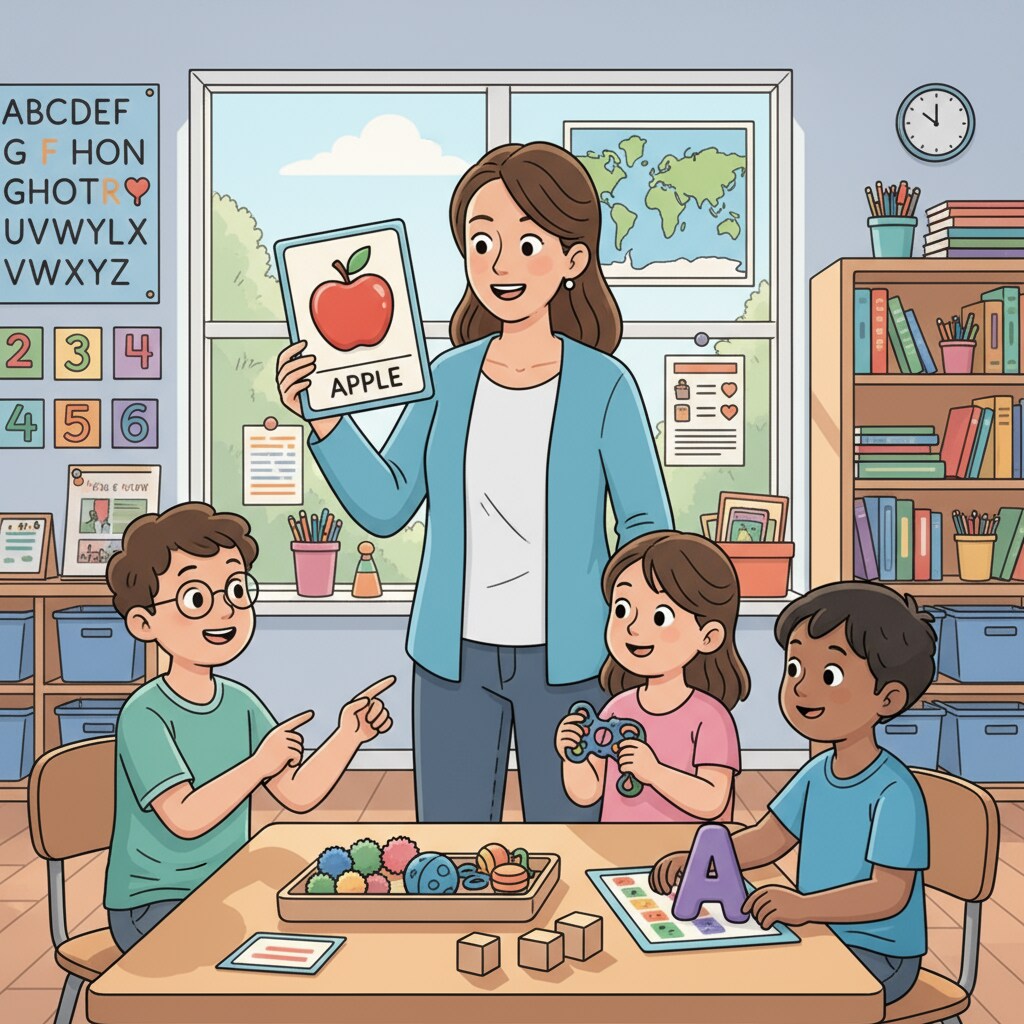For Special Education teachers holding a Master of Education degree, the prospect of career transition can be both exciting and daunting. The skills and knowledge acquired in the field of special education are not only valuable within the classroom but can also open doors to a variety of new career opportunities. This article aims to explore the potential career paths and provide practical advice for those considering a career change.

Transferable Skills from Special Education
Special Education teachers possess a unique set of skills that are highly transferable to other industries. Firstly, their strong communication skills are invaluable. Whether it’s communicating with students, parents, or colleagues, Special Education teachers are trained to convey complex information in a clear and empathetic manner. For example, when explaining a child’s individualized education plan to parents, they need to be patient and articulate. According to Teach.org, communication is a core skill for Special Education teachers. Secondly, the ability to adapt teaching methods to meet the diverse needs of students is another strength. This adaptability can be applied in many work environments where flexibility is key. In addition, Special Education teachers often have excellent problem-solving skills, as they constantly deal with various challenges in the classroom.

Potential Career Fields for Transition
One promising area for Special Education teachers to transition into is the field of instructional design. In this role, they can use their knowledge of curriculum development and teaching strategies to create engaging learning materials. Another option is the corporate training sector. Many companies are in need of trainers who can effectively communicate complex information to employees, which is a skill Special Education teachers excel at. Social services is also a viable option. Here, they can use their understanding of human behavior and empathy to support individuals with special needs. As stated by the Bureau of Labor Statistics, the demand for instructional designers is on the rise.
When preparing for a career transition, it’s important to update your skills. Consider taking relevant courses or obtaining certifications in the desired field. Networking is also crucial. Attend industry events and connect with professionals in the new field. Tailor your resume and cover letter to highlight your transferable skills. Remember, a successful career transition is about leveraging your existing strengths while learning new things.
Readability guidance: By highlighting transferable skills, exploring potential career fields, and providing preparation tips, Special Education teachers with a Master of Education can make informed decisions about their career transitions. This way, they can start a new and fulfilling chapter in their professional lives.


